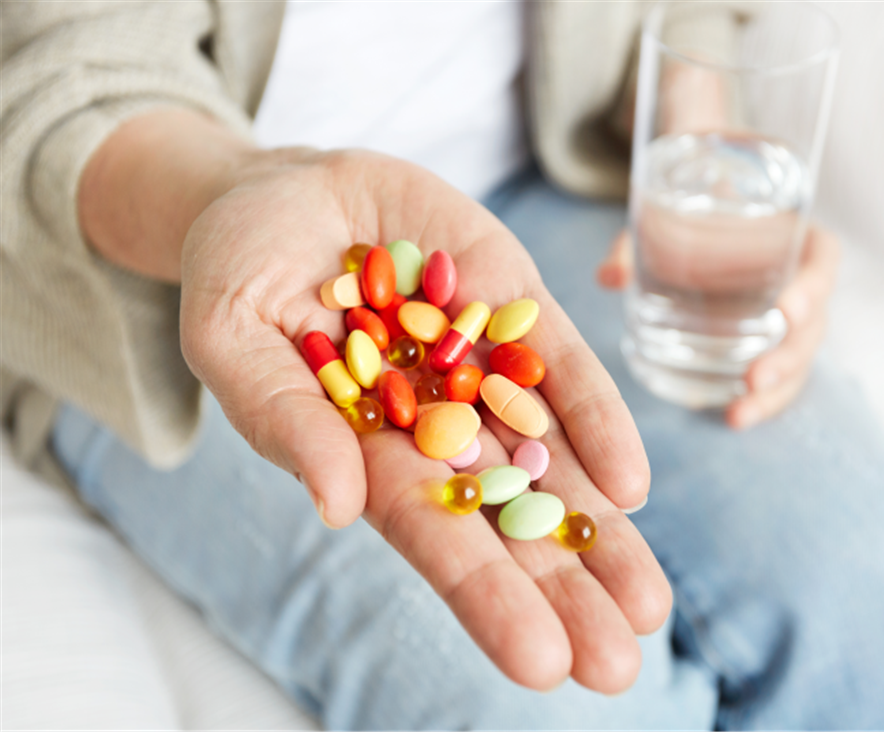In this article we explore the known and unknowns of homeopathy and why this form of treatment is provided at the ANHH clinic.
Modern homeopathy is based on the discovery of an 18th century medical doctor, Samuel Hahnemann, that like cures like, that is, if a substance produces a side effect, then it would reverse the course of illness if the symptoms matched the side effect profile of the substance. The curiosity of Hahnemann was sparked after he noted that Cinchona bark caused fevers very similar to that seen in malaria, yet it was the same herb that was routinely used to treat malaria.
Hahnemann’s next discovery was that if the substance was diluted and succussed, then it bizarrely increased its potency as the process was repeated, whilst making the remedy safer! In Hahnemann’s lifetime and until today the sceptics have ridiculed homeopathy because the serial dilutions eventually get rid of all the parent material, leaving nothing behind but the water and alcohol used to dilute it.
Ironically, the ‘science’ seekers, who reject homeopathy because of the ‘implausible’ mechanism behind the serial dilutions, fail to take note of two things: the physical changes to the diluent that dilution and succussion produces, and the wealth of case reports of therapeutic responses which could not be explained by the placebo mechanism. The most interesting aspect in these experiments is that the dilution itself produces no effect, unless the diluent is vigorously shaken at each step – and the more it is shaken, the stronger the effect.
The concept that diluting and succussing a substance changes the physical properties of the water and alcohol is supported by numerous experiments that have been done by scientists. There are also experiments that show profound biological effects of homeopathic preparations. The only bit of the puzzle that isn’t yet understood is how the human body and other living organisms responds to the physical energy in the homeopathic preparation.
The observation with homeopathic medicines is that they appear to work faster and better in animals and children. In adults, they tend to become less efficient as the body’s vitality goes downhill. My personal belief is that the homeopathic remedy affects the energy fields of the body and the organising principles that influence symptom expression and disease progression. Homeopathic preparations appear to provoke healing responses – they are not drugs. They are also not chosen in the same way that drugs are chosen and dosed.
So why use homeopathy? Firstly, these are remedies that address the way the human body behaves at the physical and emotional level. They are prescribed in a way that matches the individual’s expression of health imbalances and symptoms. Secondly, they can on occasion produce healing effects that nothing else can. Lastly, they are by far the cheapest remedies for healing.
Provided they are used appropriately, they nudge the body into a healing response – they don’t overwhelm the body like drugs do or force the body to alter its response to disease. Homeopathic remedies also don’t risk producing serious and sometimes permanent damage to health. Homeopathic preparation can work rapidly: the onset of action, particularly in children can be almost immediate. Symptoms of pain and discomfort can rapidly subside, but the most reassuring response is the expression of relaxation and peace on the person’s face and the improved clarity in thinking and behaviour.
Frequently illness is an expression of how we think and behave as individuals. The great thing about homeopathic remedies they can free us from the negative thinking and behavioural patterns that allowed disease to take hold in the first place.
Homeopathic remedies on occasion can achieve results that appear miraculous – the limit is the ability of the body to heal itself. These remedies work best when lifestyle and nutrition are in good order, but for whatever reason illness still prevails. They are not a substitute for drugs and important medical care, but they can certainly be an important part of the holistic approach to healing and recovery.












